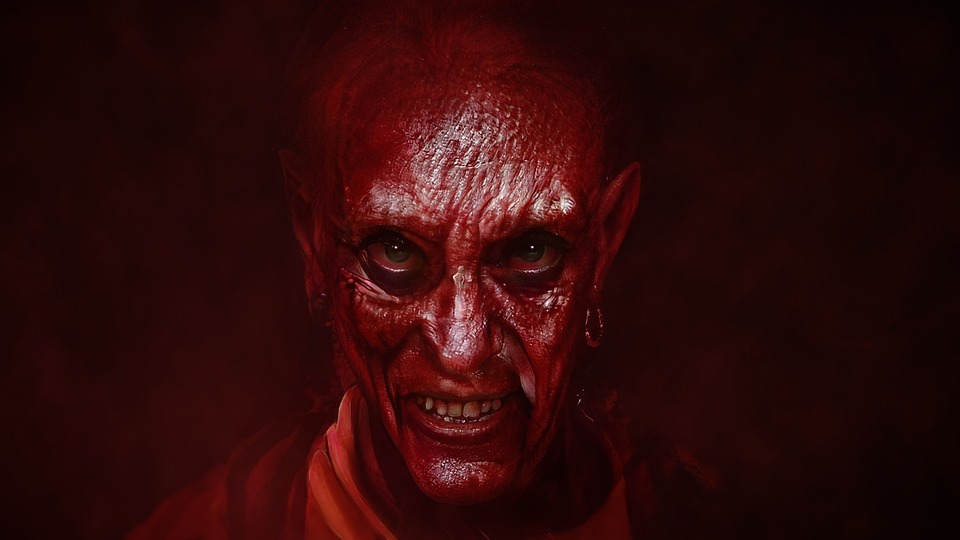The 19th and 20th centuries were a period of significant cultural and literary development in the Netherlands. During this time, a number of influential writers emerged, whose works explored a range of themes and issues that were central to Dutch society and culture.
One of the most important writers of the 19th century was Multatuli, whose real name was Eduard Douwes Dekker. Multatuli was a social critic and political activist who is best known for his novel Max Havelaar, which was published in 1860. The novel was a scathing critique of Dutch colonialism in Indonesia and explored themes of injustice, exploitation, and corruption. In addition to his writing, Multatuli was also involved in various social and political movements, and his work had a significant impact on Dutch society.
Another important writer of the 19th century was Louis Couperus, who is considered one of the greatest Dutch writers of all time. Couperus wrote a wide range of novels, short stories, and plays, and his work explored themes of love, passion, and the human condition. His most famous works include Eline Vere, De stille kracht (The Hidden Force), and Van oude mensen, de dingen die voorbijgaan (Old People and the Things that Pass). Couperus was also deeply interested in the spiritual and mystical aspects of life and incorporated these themes into his work.
Moving into the 20th century, one of the most influential writers was Harry Mulisch. Mulisch was a prolific author who wrote a wide range of novels, essays, and plays, and his work explored themes of identity, memory, and the legacy of the Second World War. His most famous works include Het stenen bruidsbed (The Stone Bridal Bed), De ontdekking van de hemel (The Discovery of Heaven), and Siegfried. Mulisch was also interested in philosophy and science, and his work often reflected these interests.
Another important writer of the 20th century was Willem Frederik Hermans, who is known for his dark, absurdist style and his exploration of themes of existentialism, isolation, and the meaninglessness of life. Hermans wrote a number of influential novels, including De tranen der acacia’s (The Tears of the Acacias), Nooit meer slapen (Beyond Sleep), and De donkere kamer van Damokles (The Dark Room of Damocles). Hermans was also an outspoken critic of Dutch society and culture, and his work often reflected his disillusionment with the world around him.
Other important Dutch writers of the 20th century include Gerard Reve, whose work explored themes of homosexuality, Catholicism, and the human condition; Cees Nooteboom, who wrote about travel, memory, and the relationship between humans and nature; and Hella S. Haasse, who explored themes of identity, colonialism, and the relationship between the individual and society.
Overall, the writers of the 19th and 20th centuries played a significant role in shaping Dutch literature and culture. Through their works, they explored a range of themes and issues that were central to Dutch society and the human condition, and their legacy continues to be felt today.












